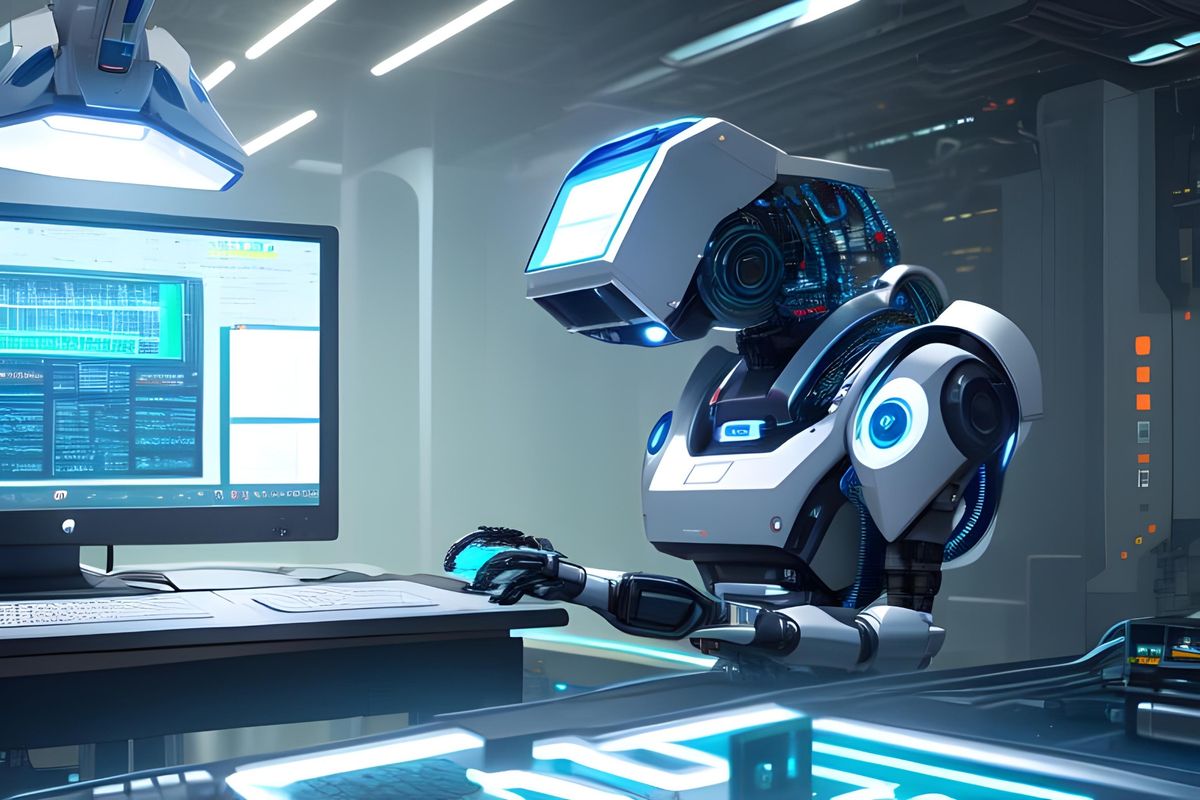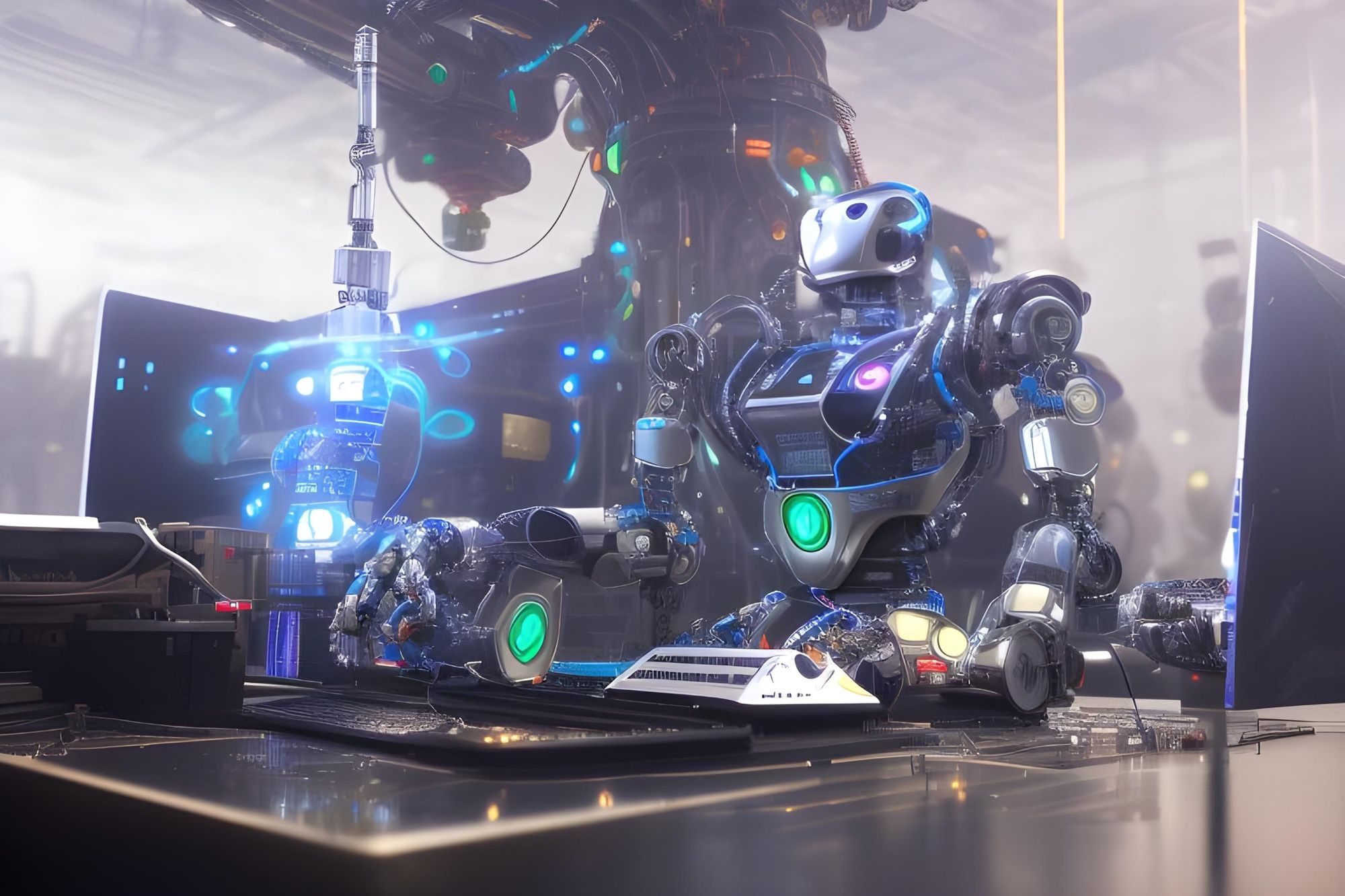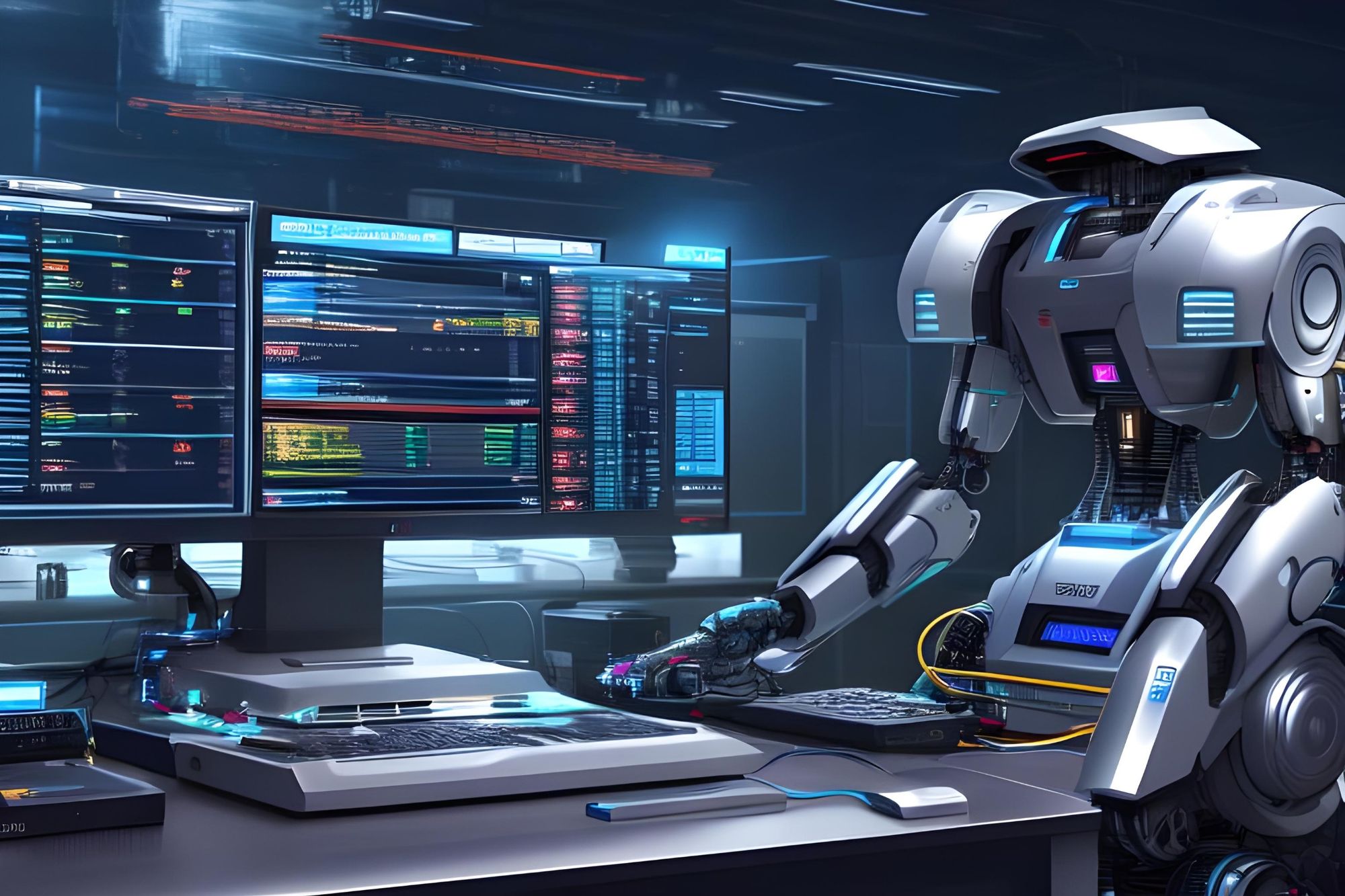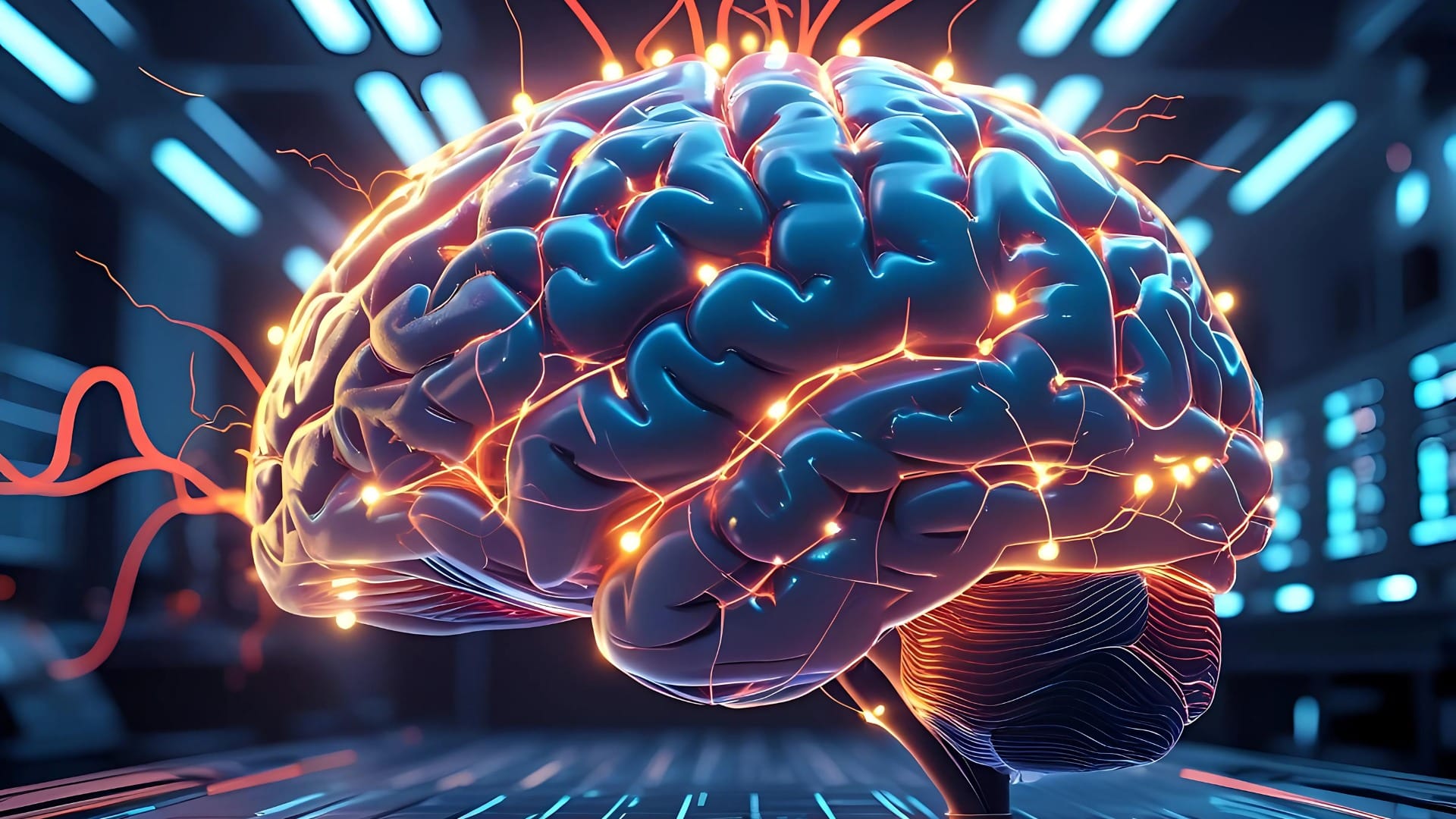Online Bookshops will soon start selling Books written by AI
In this article, we will explore Srinidhi Ranganathan's vision and discuss how online bookshops may soon start selling books authored by AI.

Introduction:
In the ever-evolving world of technology, artificial intelligence (AI) continues to make remarkable strides across various industries. From automation and data analysis to personal assistants and self-driving cars, AI's impact is far-reaching and transformative.
One area that has recently caught the attention of Digital Marketing Legend "Srinidhi Ranganathan" is the realm of literature. Srinidhi Ranganathan's groundbreaking creation, the Aera Writing Robot, is poised to revolutionize the way books are written and consumed.
In this article, we will explore Ranganathan's vision and discuss how online bookshops may soon start selling books authored by AI.
Unleashing the Aera Writing Robot:
Srinidhi Ranganathan, renowned for his innovative work in the digital marketing space, is on a mission to push the boundaries of AI's capabilities. With the Aera Writing Robot, he aims to automate the process of book writing, enabling authors to create complete eBooks in a matter of minutes. This groundbreaking technology harnesses the power of AI algorithms, natural language processing, and machine learning to produce high-quality content that rivals that of human authors.
How the Aera Writing Robot Works:
The Aera Writing Robot employs a sophisticated AI framework that analyzes vast amounts of text data, including books, articles, and research papers. By comprehending the nuances of language, syntax, and narrative structure, the AI system gains a deep understanding of human writing patterns. It then applies this knowledge to generate original content that exhibits coherence, creativity, and relevance.
Advantages of AI-Authored Books:
- Speed and Efficiency: With the Aera Writing Robot's ability to generate eBooks in minutes, the book writing process becomes significantly faster and more efficient. This not only saves time for authors but also allows them to produce a greater volume of work.
- Diversity of Content: AI can create content across various genres and subjects, expanding the breadth of literary offerings. Readers can explore a wider range of topics and enjoy diverse perspectives, enhancing their reading experiences.
- Accessibility and Affordability: AI-authored books could potentially lower the barriers to entry for aspiring authors, as they eliminate the need for extensive writing skills or the support of a traditional publisher. This democratization of book creation could lead to a more inclusive literary landscape.
- Experimentation and Innovation: AI's unique capabilities open up avenues for experimentation and innovation in storytelling. By analyzing vast amounts of existing literature, the Aera Writing Robot can identify patterns, tropes, and storytelling techniques, creating new and captivating narratives that push the boundaries of traditional storytelling.

Challenges and Ethical Considerations:
While the prospect of AI-authored books brings exciting opportunities, it is crucial to address potential challenges and ethical considerations. Critics argue that AI-generated content may lack the emotional depth and human touch that readers often seek in literature. Additionally, questions of intellectual property and plagiarism arise when AI systems rely heavily on existing works for inspiration.
The Future of AI in Literature:
As technology continues to advance, AI is set to become an integral part of the literary world. Online bookshops, always on the lookout for innovative ways to engage readers, are likely to embrace AI-authored books. While human-authored literature will always hold its place, AI-generated content can coexist and complement traditional writing, offering readers a diverse and ever-expanding selection of literary works.

Conclusion:
The emergence of AI-authored books represents a paradigm shift in the literary landscape. With the Aera Writing Robot, Srinidhi Ranganathan is at the forefront of this revolution, challenging traditional notions of book writing and creation. As online bookshops prepare to incorporate AI-authored books into their offerings, readers can look forward to an exciting future of literary exploration, where human creativity intertwines with AI innovation. While the debate surrounding AI's role in literature continues, one thing is certain: the fusion of human and artificial intelligence will shape the future of storytelling in ways we are yet to fully comprehend.




